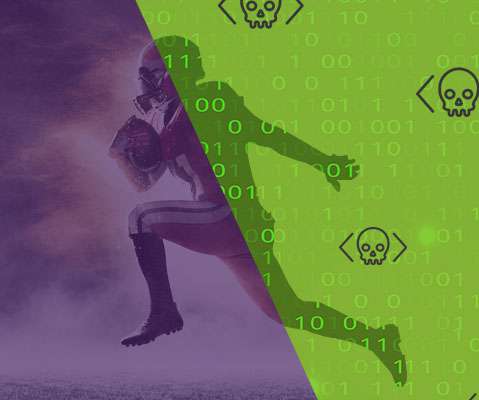Security Affairs newsletter Round 423 by Pierluigi Paganini – International edition
Security Affairs
JUNE 11, 2023
Gox exchange and operating BTC-e Japanese Pharmaceutical giant Eisai hit by a ransomware attack Clop ransomware gang was testing MOVEit Transfer bug since 2021 Stealth Soldier backdoor used is targeted espionage attacks in Libya Researchers published PoC exploit code for actively exploited Windows elevation of privilege issue Experts detail a new Kimsuky (..)






















Let's personalize your content